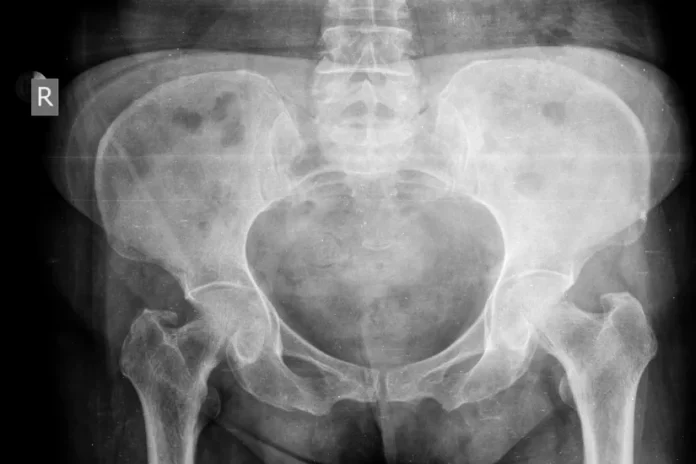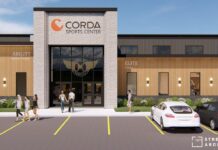
University of Iowa Hospitals and Clinics are conducting a clinical trial to determine whether essential amino acid (EAA) supplementation can boost skeletal muscle metabolic activity, decrease inflammation, and stave off atrophy following hip fractures in older adults.
According to a UIHC news release, research indicates that just 40% of older adults who experience hip fractures fully recover their previous level of function. Up to 20% of those who lived independently before the fracture need nursing home care afterward. The decline in physical function often stems from muscle loss following the injury, with lack of nutrition a potential contributing factor.
“Malnutrition is common in older adults who experience a fracture,” said Michael Willey, MD, orthopedic surgeon and assistant professor in the University of Iowa Department of Orthopedics and Rehabilitation. “After injury, patients tend to get even fewer nutrients because of pain medications and requirements for anesthesia, which can lead to worsening nutritional deficiencies.”
Previous studies suggest that an EAA supplement can lessen the loss of muscle mass before and after surgery to replace knee joints, and researchers wonder if the same could be true for hip fractures.
While it’s not fully understood how EAA supplementation enhances muscle physiology, Dr. Willey describes it as “a potentially game-changing intervention to prevent these negative outcomes after trauma.”
Clinical Trial
The trial will enroll 60 hip fracture patients, ages 65 and older who will receive either an EAA supplementation or a placebo within four days of hospitalization. Muscle biopsy and serum analysis will be performed during hip repair surgery and again at two weeks and six weeks post-surgery to assess the physiologic response of skeletal muscle to EAA supplementation.
The impact on total body skeletal muscle mass and physical function will also be assessed. In addition to the University of Iowa, patients will be enrolled at the Slocum Center. Muscle biopsy and serum analysis will be performed at the University of Oregon.
UIHC is conducting the trial in collaboration with researchers and clinicians from the University of Oregon, the Slocum Center for Orthopedics and Sports Medicine in Eugene, Oregon, and Johns Hopkins University.
“Right now, essential amino acid supplementation is an understudied intervention that could help preserve function and independence for older patients experiencing hip fractures,” Dr. Willey said. “If it works, it could be a low-cost and low-risk intervention with considerable potential to meet metabolic demands and preserve skeletal muscle.”




